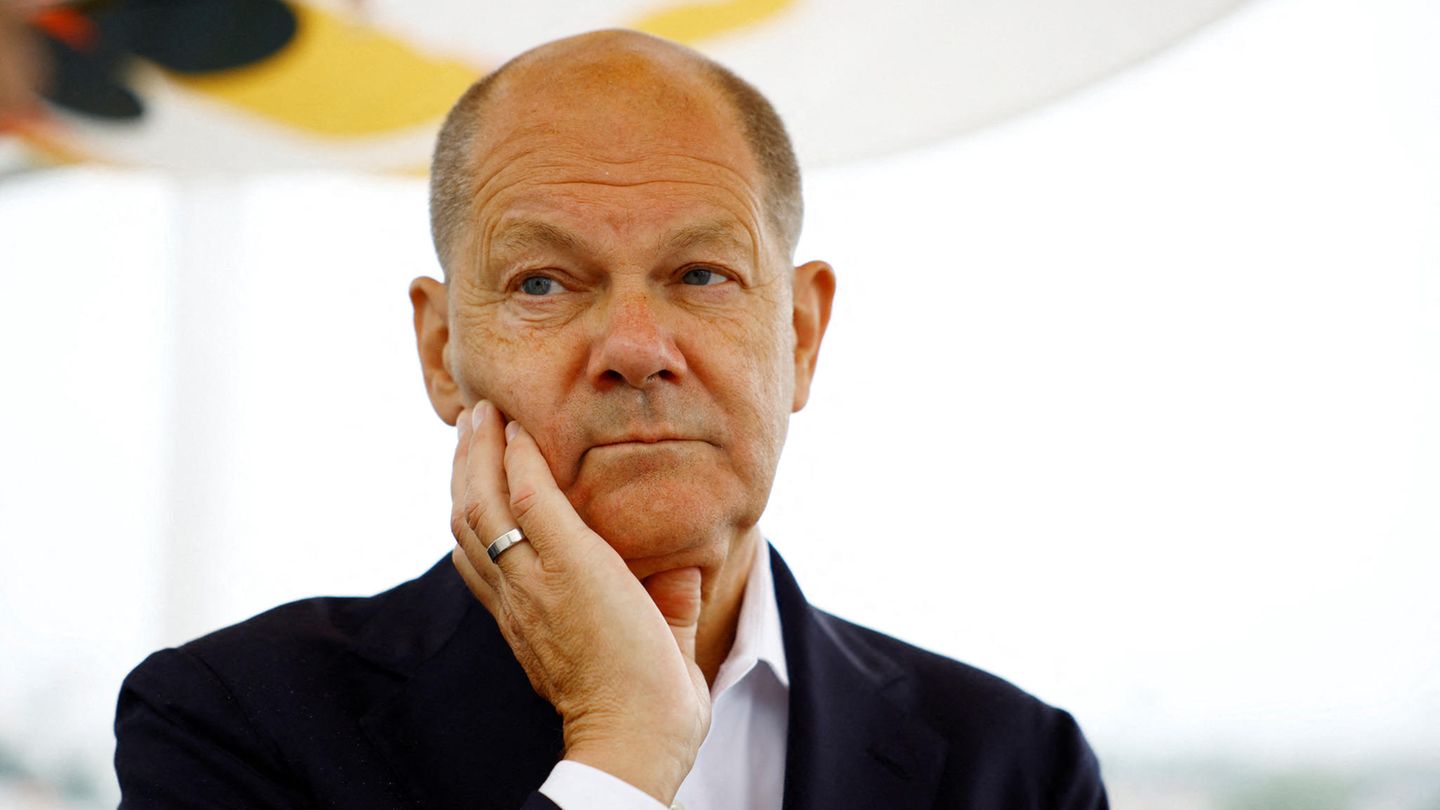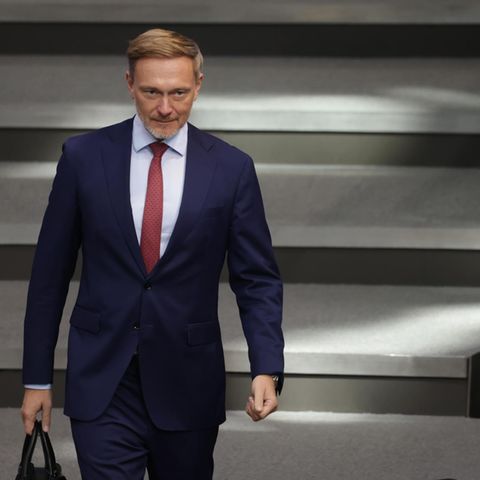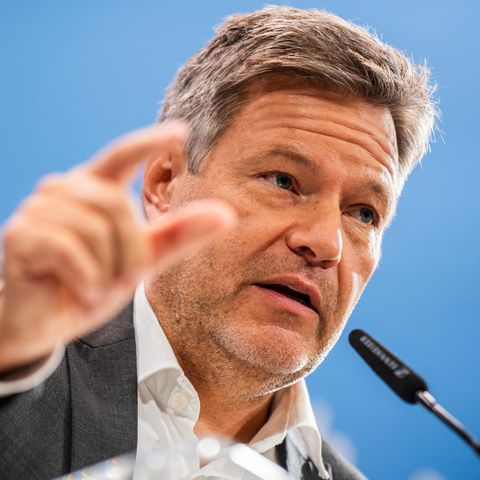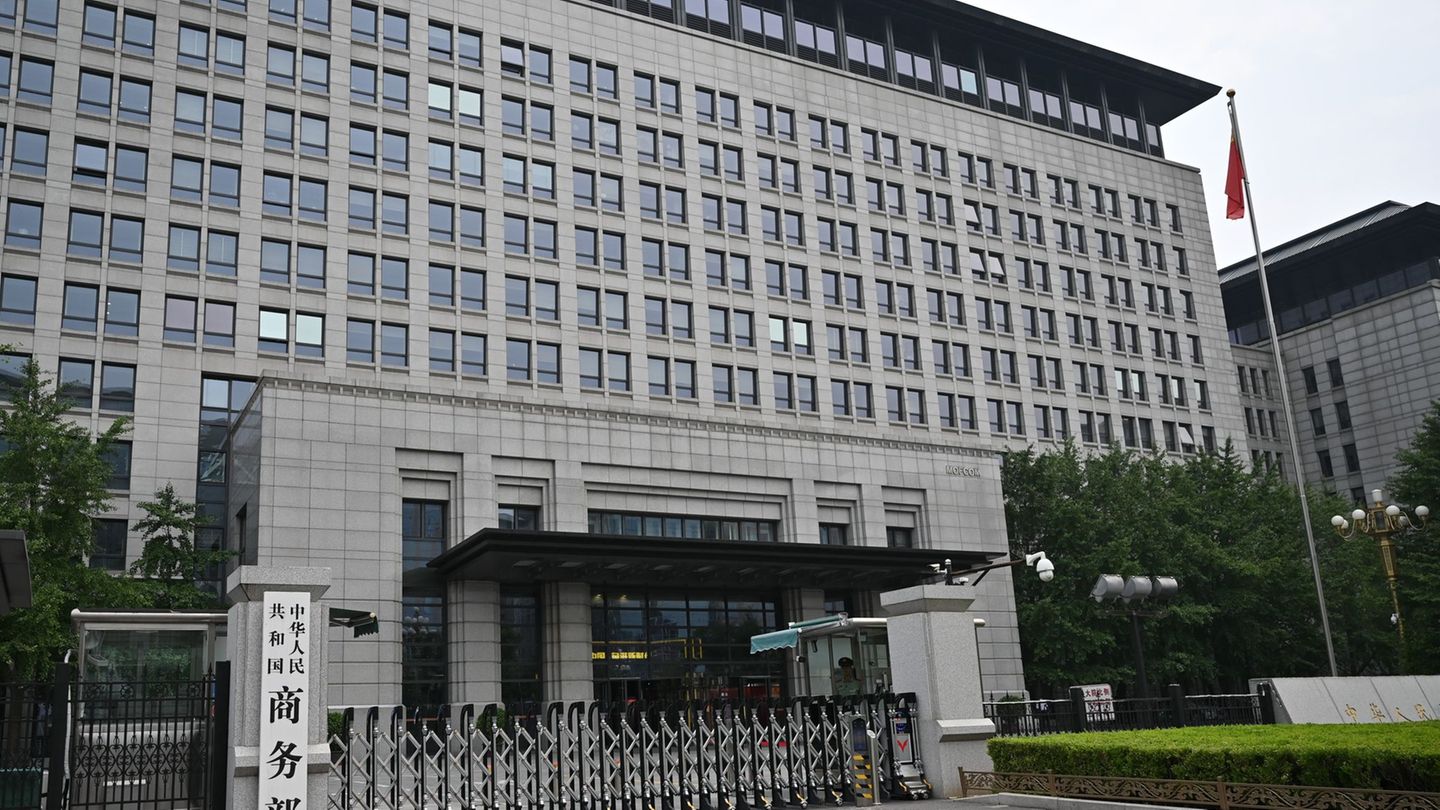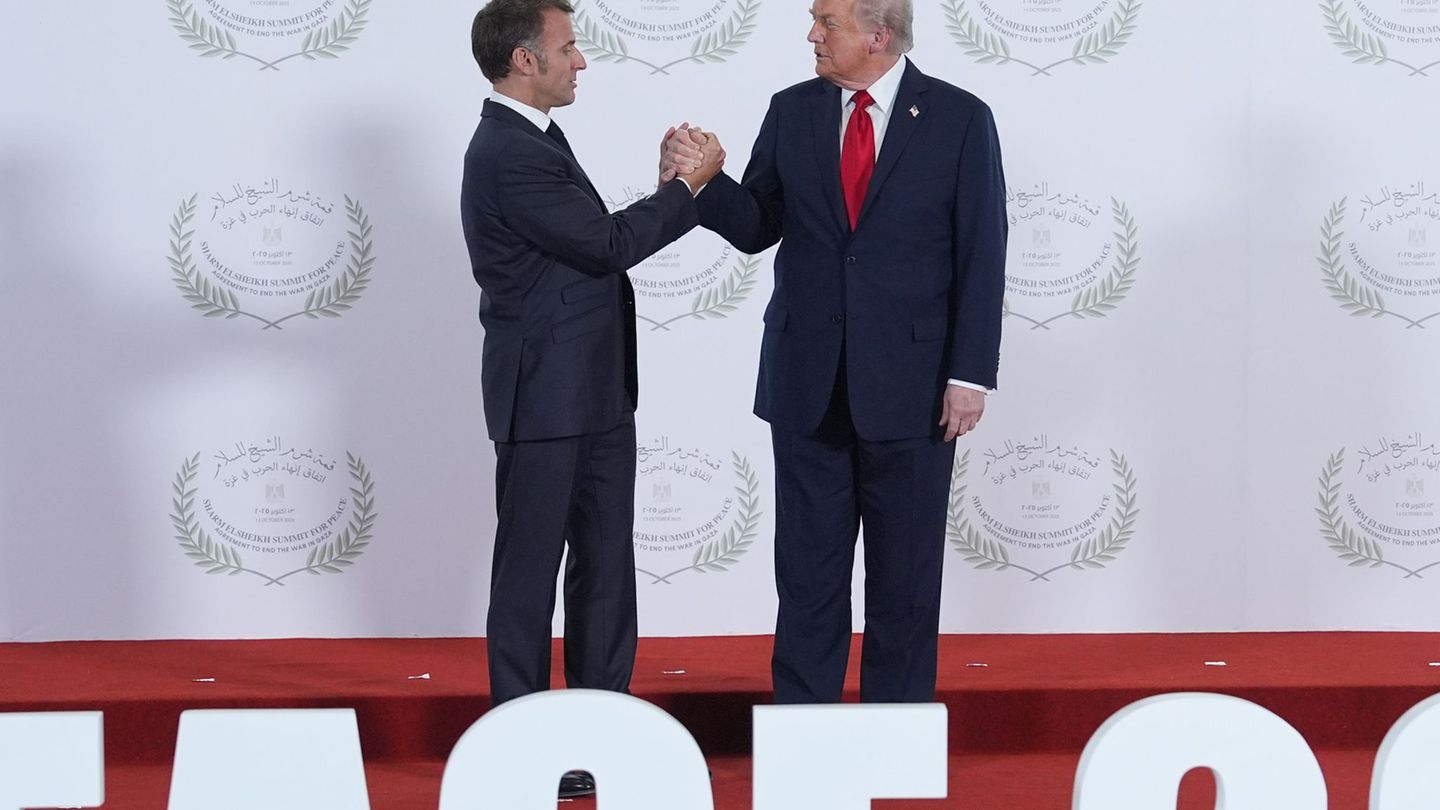Supply Chain Act
How the flippant Chancellor antagonizes the SPD
Copy the current link
Olaf Scholz questions an SPD passion project: the supply chain law. Or? There is great confusion in the Chancellor’s party – as is the discontent.
Is the supply chain law now social democratic art – or can it go away? Olaf Scholz recently answered the question like this: “It will go away.” But what sounds like plain language from the Chancellor is causing confusion, shaking of the head and resistance in the SPD. Because with his statement at last week’s employers’ day, Scholz is questioning a project close to his party’s heart, and all of this just to make himself popular with business?
“The German supply chain law works and must therefore be further developed and not abolished,” demands Tim Klüssendorf star. “Simply suspending established standards would be irresponsible.” Klüssendorf, spokesman for the Parliamentary Left (PL) in the SPD parliamentary group, is not alone in his displeasure. Jan Dieren, head of the left-wing party DL21, also told the starthere is “no reason” to suspend the German supply chain law.
Scholz is once again in trouble with his party. But what actually happened? Last Tuesday, the Chancellor promised relief from bureaucracy in front of the assembled German business community. “We said that, it will go away,” he said, referring to the German supply chain law, which is to be adapted to upcoming new EU regulations. The Chancellor had previously exchanged blows with employer president Rainer Dulger.
Dulger complained that people had asked several times to either relax the law or to repeal it. However, nothing happened. “This year,” Scholz then promised, it should be reformed. Most certainly. “I’ll believe you when the ink is dry and it’s on my delivery note,” complained the BDA boss. It was like so often: If Scholz feels unfairly treated or misunderstood, he becomes flippant – and inaccurate.
What got lost in the war of words: What exactly is going to happen this year? The whole law? Just parts of it? Since then, his party has been puzzling just as much as the economy.
Since then, there has been great uncertainty in the SPD
The background to the debate are new European rules. The German Supply Chain Act is to be adapted to the European Supply Chain Directive – the EU Supply Chain Act, so to speak. This has just been passed. The EU states now have a good two years to implement the new rules into national law. Companies must submit comprehensive reports and be held accountable if they profit from human rights violations such as child or forced labor. Even more bureaucracy, groaned the economy. The federal government therefore announced in its “growth initiative” that it would avoid disproportionate burdens on companies. The European Supply Chain Directive should be implemented with as little bureaucracy as possible. Is this what the Chancellor means when he says: “It can go away”?
Government spokesman Steffen Hebestreit had to backfire again the day after Scholz’s dispute with the employer president. Hebestreit said that from the beginning of 2025, companies in Germany should no longer have to meet the requirements of the German Supply Chain Act that go beyond the planned EU directive. The federal government has agreed to suspend individual, particularly far-reaching provisions of German law so that German companies are not burdened more heavily than their European competitors. If you will, the old German supply chain rules should actually go away. Or, as Federal Economics Minister Robert Habeck (Greens) said a few weeks ago: “Start the chainsaw and bolt the thing away.”
The uncertainty in the SPD has been great since then, after all, the Supply Chain Due Diligence Act – as it is said in perfect legalese – is a project close to the heart of the Social Democrats.
“The supply chain law has become a bit of a symbol of excessive bureaucracy,” complains Sebastian Roloff, a member of the SPD party executive and his party’s economic expert. That’s a shame, he said starbecause in principle “hopefully everyone is behind the idea”. Note: also the Chancellor. The spokesman for the Parliamentary Left, Tim Klüssendorf, emphasizes: “Fair supply chains are more than a competitive advantage – they are a contribution to protecting employees and to a fairer global economy.”
“A classic Scholz”
The new SPD general secretary, Matthias Miersch, had himself advocated for a much tougher version of the EU supply chain regulation that was later adopted in the summer. In his new role, the former head of the SPD-Left is trying to appease and classify the Chancellor’s announcement. “Our economy has a responsibility to ensure that human rights are respected along its supply chain,” Miersch told the star. This is regulated by the Supply Chain Act. “What is not needed, however, is a competing German and a European supply chain law.” Scholz wanted to make that clear. “The discussion about how we can relieve the burden on companies is right,” says Miersch.
However: From an abolition or a “It can go away!” is not mentioned by Secretary General Miersch. “We are now talking about how the supply chain law can be implemented as efficiently and precisely as possible,” said Miersch. It is “completely legitimate” for the Chancellor to put the German rules to the test. According to Miersch, it is important that “the same requirements apply throughout Europe”.
There are whispers in the party that the Chancellor has once again given the SPD one or two own goals with his flippantness. On the one hand, Scholz buried a flagship project of the SPD and subsequently proved his critics right, but on the other hand, he promised things that will be difficult to keep. In the end, there are disappointments on all sides. “That was a classic Scholz. We won’t win elections like that anymore,” says a Social Democrat.
The SPD now prefers to talk about further development of the German rules. Instead of suspending “tried and tested standards” in the German supply chain law, PL spokesman Klüssendorf is calling for a “targeted and bureaucratic-saving adaptation to European law” that would make companies accountable where they actually have influence. For SPD board member Roloff, it is now about “implementing European supply chain legislation in a pragmatic and low-bureaucracy manner” – that will have a positive effect.
Jan Dieren, spokesman for DL21, emphasizes: “Companies in Germany bear responsibility for the people who work along their supply and production chains.” The German supply chain law gives legal expression to this responsibility, which is why it is “so important,” as Dieren says.
It all sounds more like “art” than “can go”. Not the best news for the Chancellor shortly before Scholz’s own industrial summit on Tuesday.
Source: Stern
I have been working in the news industry for over 6 years, first as a reporter and now as an editor. I have covered politics extensively, and my work has appeared in major newspapers and online news outlets around the world. In addition to my writing, I also contribute regularly to 24 Hours World.

